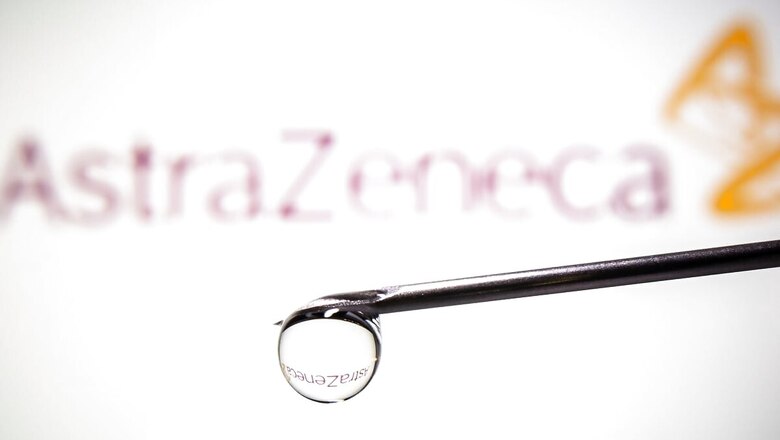
views
It must be that name, Oxford. In India it’s still a metaphor for the pinnacle the human mind can reach. And so when Oxford announced that it is working on a vaccine against Covid-19, it was assumed this would then be the magic touch against the virus.
It still may be – but India assumed early what had not been announced or even by then researched enough. The country was interested enough to be committed. Given the tie-up of the Serum Institute of India, we would be in this all the way from the ground floor.
The announcement from Oxford this week has dimmed that promise. It seems to have been brought forward by announcements of success all over; by Pfizer-BioNTech, Moderna, and less favoured in the media, Russia’s Sputnik V. The keenly awaited Oxford announcement brought limited promise, with some uncomfortable questions hovering above what we had believed would be the desperately awaited shield against Covid-19.
There was an “error” in the dosage given through the trialling, Oxford and its research and manufacturing partner AstraZeneca admitted through their declaration of results. An offered explanation that this could be a manufacturing error seems less than reassuring.
In choices of a vaccine where trust and credibility would direct decisions over choices, what are we to think about a trial from the most prestigious research institute into the most vital research there possibly could be, that cannot get simple dosage through a trial right. And then offering the interpretation that accompanied the results of a part-mistaken trial.
Oxford averaged out results between the correct and the wrong dose to announce 70 per cent success. Leading scientists have raised questions about such averaging – these would be obvious to us who aren’t scientists or statisticians. Some in the trial given a half dose and then a full dose showed 90 per cent success, we were told. Others given two full doses showed 62 per cent success. Across all the numbers tested, this was worked out at 70 per cent claim of success.
These were clearly separate tests with separate dosage regimes. The eventual average success could not possibly arise from a numerical average across those two. And yet the Oxford scientists did just that. What could one thus make of of the credibility of an institute that offers such an explanation.
With a look at the numbers beneath the claimed percentages, and the claim gets yet more fragile.
Amongst all who participated in the trial carried out in the UK and Brazil, 131 cases of Covid-19 were reported. Of these, 101 were in those who had been given dummy injections, and 30 among those who were given the trial vaccine. Among these 30 cases, 27 who developed Covid-19 had been given two full doses. The other three were given the ‘mistaken’ half-dose followed by the full dose. It is on the basis of the results with those three individuals that Oxford is pointing to 90 per cent success if the mistaken dose were to be seen and given henceforth as the correct dosage protocol.
But as it happens, those three individuals on the basis of whose results Oxford is suggesting 90 per cent success were all under 55 years of age. And other factors in their personal circumstances or earlier health profile could be a factor as well. As matters stand, it is this suggestion in the cases of three individuals that is the basis of hope for 90 per cent protection for a billion Indians who potentially could be given this vaccine next year. It’s all adding up rather uncertainly.
The Oxford centre together with its manufacturing partner AstraZeneca have not quite been transparent over just what went on, and just what went wrong. Questions have arisen over the age profile of all of those given the needle. Going by early indications the trial participants included proportionately few elderly patients, and among those the results were poorer. The methodology for randomisation of trial is not clear because it has not been declared. We’ve been invited to swallow a capsule of declared success.
The 62 percent success announced, at its least, is still not bad, on top of success shown in an earlier trial. But it is now hedged by two facts that won’t go away: it is less than the success reported by others, and it is less than the 90 per cent hinted at on the basis of very little. It certainly is less than what was expected.
Nobody is preparing to pump themselves with different vaccines. At the moment the Oxford vaccine comes with a two in five chance it won’t work. Some others indicate a 19 in 20 chance they will succeed. Will we get to choose?
Read all the Latest News, Breaking News and Coronavirus News here




















Comments
0 comment